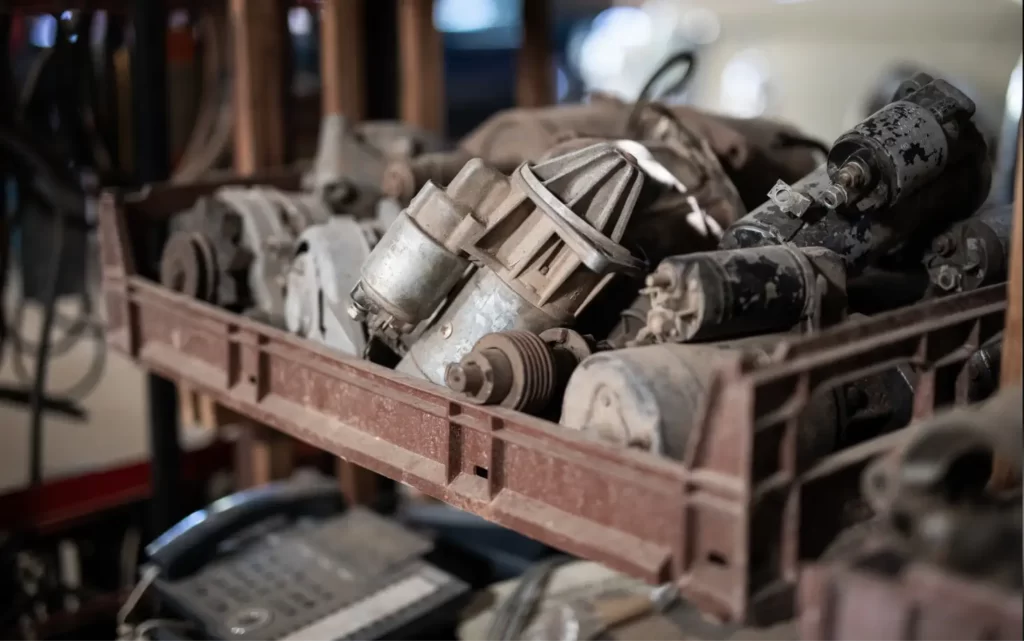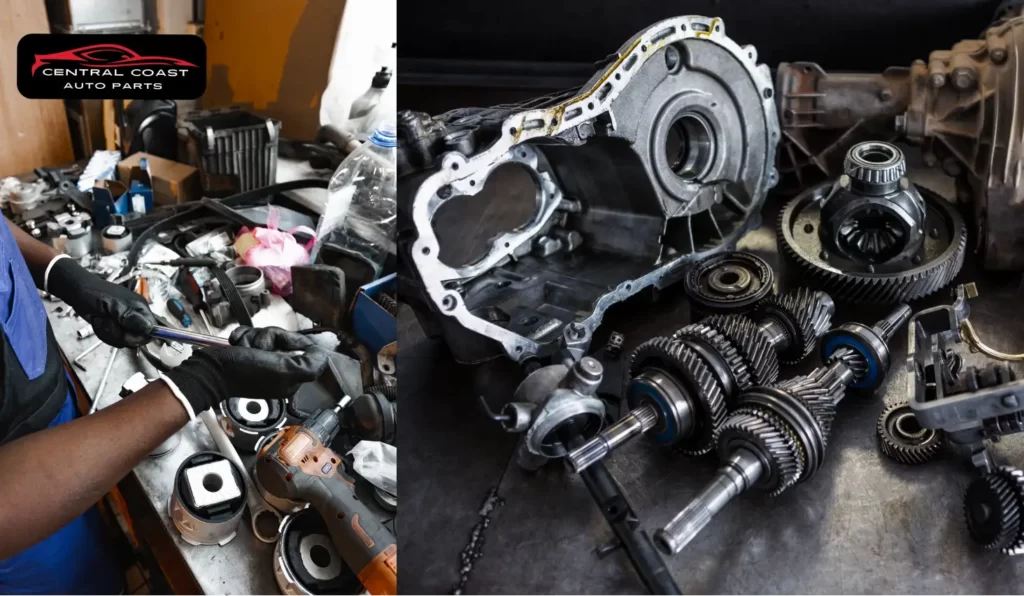Buying used car parts can be a great way to save money and keep your vehicle running smoothly. However, knowing how to identify quality used parts is crucial to ensure you get the best value and performance. Here’s a comprehensive guide to help you make informed decisions when purchasing used car parts.

1. Do Your Research
Before purchasing any used car part, it’s essential to do your homework. Understand what you need and gather information about it. For example, if you’re looking for a used alternator, know the specific model and part number required for your vehicle. Check forums and automotive websites for advice on what to look for and common issues with that part.
Read more about how to find the right car part numbers on our blog.
2. Check for Signs of Wear and Tear
When inspecting used parts, pay close attention to their condition. Look for signs of wear and tear, such as rust, cracks, or excessive corrosion. These can indicate that the part is near the end of its life and may not be reliable. For instance, if you’re buying a used brake rotor, check for grooves or deep scratches.
3. Ask About the Part’s History
Knowing the history of a used part can give you insights into its reliability. Ask the seller about the part’s age, the mileage of the vehicle it came from, and whether it has been refurbished. Parts from vehicles with lower mileage are generally in better condition.
For more detailed tips, visit our guide on understanding used part histories.
4. Verify Compatibility
Ensure that the part you’re buying is compatible with your vehicle. This includes checking the part number and comparing it with your vehicle’s specifications. Incompatible parts can cause more harm than good. Use online resources or consult with a professional to verify compatibility.
Our compatibility check tool can help you find the right parts for your car.
5. Test the Part If Possible
If you have the opportunity, test the used part before purchasing. For electrical components like alternators or starters, bring a multimeter to check for functionality. For mechanical parts, such as suspension components, inspect them for smooth operation and lack of play.
6. Buy from Reputable Sellers
Purchasing from a reputable seller or auto wrecker can significantly reduce the risk of getting low-quality parts. Look for sellers with positive reviews and a good reputation in the industry. Many reputable auto wreckers offer warranties on their parts, which adds an extra layer of security.
Check out our list of trusted auto wreckers for reliable sources.
7. Inspect the Return Policy
A good return policy is a sign of a seller who stands behind their products. Ensure that you understand the return policy before making a purchase. This way, if the part doesn’t work as expected, you can return it for a refund or exchange.
8. Consider Refurbished Parts
Refurbished parts can be a great middle ground between new and used parts. These parts have been reconditioned to meet specific standards, ensuring they work correctly. Refurbished parts often come with warranties, providing additional peace of mind.
Read about the benefits of refurbished car parts on our blog.
9. Get Professional Advice
If you’re unsure about a part’s condition or compatibility, seek advice from a professional mechanic. They can provide valuable insights and help you avoid costly mistakes. Many auto repair shops are happy to inspect parts for a small fee.
10. Trust Your Instincts
Lastly, trust your instincts. If something seems off about a part or a seller, it’s better to walk away and find another option. Being cautious and thorough can save you from future headaches.
Conclusion
Identifying quality used car parts requires a mix of research, inspection, and trust in reputable sellers. By following these tips, you can find reliable parts that will keep your vehicle running smoothly without breaking the bank. Remember, taking the time to choose the right part can make all the difference in your car’s performance and safety.
For more tips and guides on maintaining your vehicle, explore our blog filled with useful information and expert advice.





